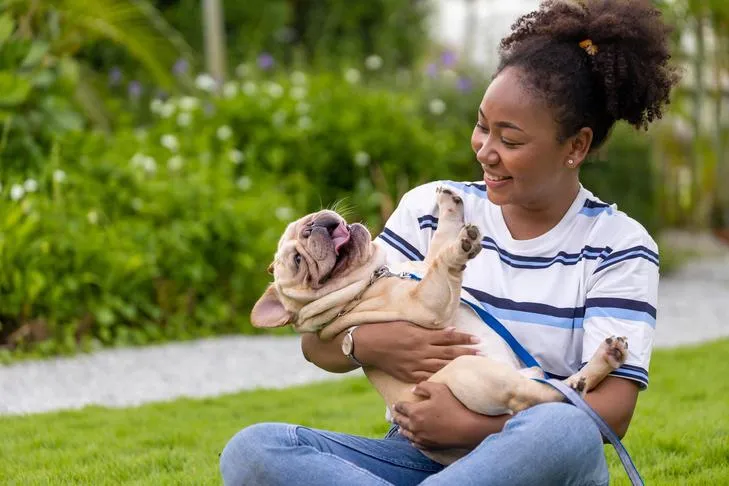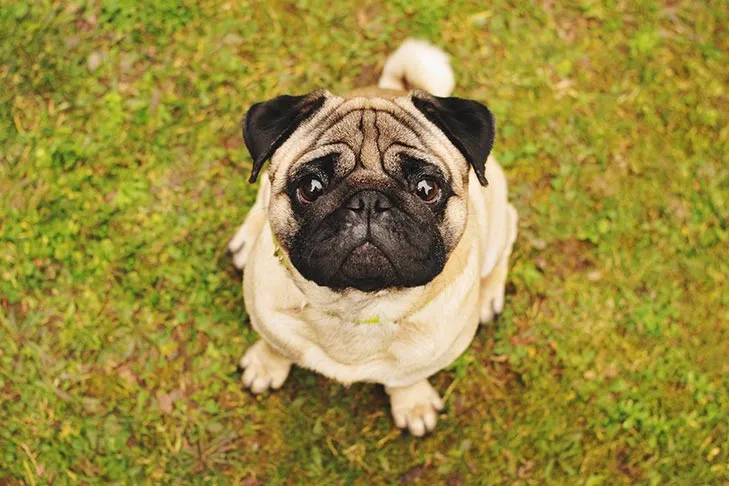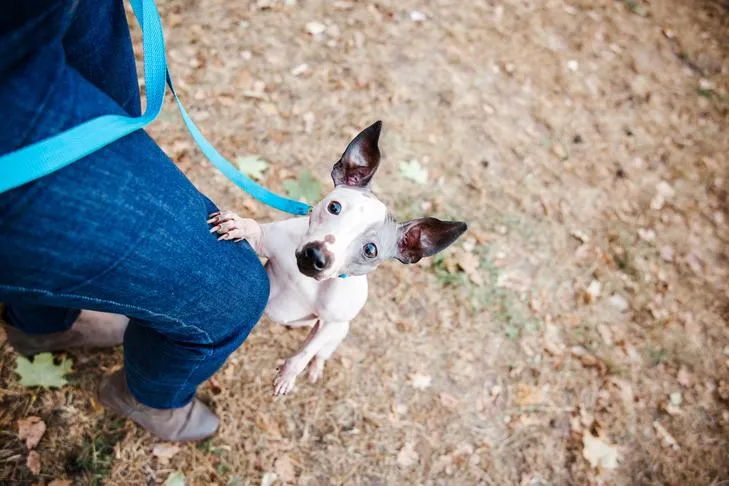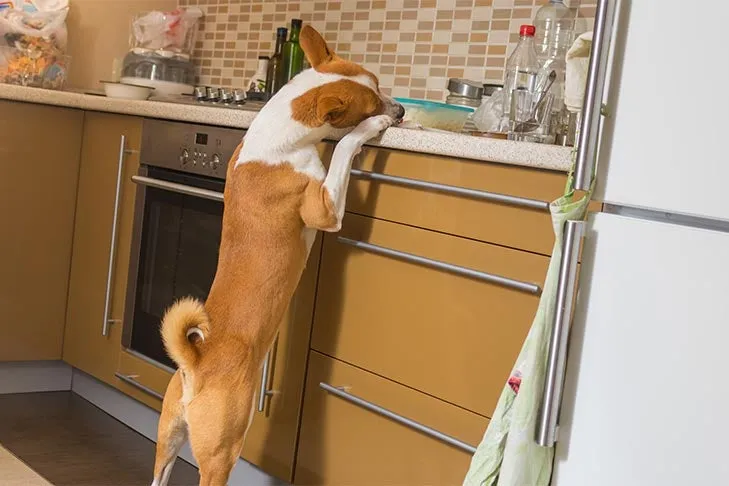Puppies are bundles of energy and joy, but they can also be prone to developing unwanted behaviors. From jumping on guests to snatching food from countertops, these habits can be frustrating for any pet owner. It’s important to remember that your puppy is eager to please and understand what you expect. With patience and clear guidance, you can effectively steer them away from undesirable actions. This guide offers proven strategies for Correcting Bad Behavior In Puppies, ensuring a harmonious life together.
Addressing common puppy issues requires a proactive and understanding approach. Understanding the root of these behaviors is the first step. While it may seem like your puppy is deliberately misbehaving, they are often acting out of instinct, excess energy, or a lack of clear communication. Our comprehensive approach focuses on reinforcing positive actions and redirecting negative ones. For those seeking immediate, in-person guidance, exploring puppy behavior training near me can provide invaluable support.
The Foundation of Good Behavior: Consistent Training
Basic obedience commands are more than just tricks; they are the cornerstone of good behavior and a strong bond between you and your puppy. Teaching commands like “sit,” “come,” and “down” helps your puppy understand that good things happen when they follow your instructions. This positive reinforcement not only strengthens your connection but also provides essential mental stimulation, helping to tire them out and reduce the likelihood of misbehavior. Aim to introduce a new command each week while consistently practicing previously learned ones. For those needing expert advice on this foundational aspect of dog training correcting bad behavior, consulting a certified professional is highly recommended.
 Young woman sitting in the grass holding her French Bulldog.
Young woman sitting in the grass holding her French Bulldog.
Channeling Energy: The Power of Exercise
A tired puppy is a well-behaved puppy. If your puppy isn’t getting enough physical activity, they are more likely to channel their excess energy into destructive or unwanted behaviors, such as chewing shoes or pulling excessively on the leash. Puppies, in particular, have boundless energy and require ample exercise. The specific needs can vary significantly based on breed, so understanding your dog’s breed-specific requirements is crucial. If you have any doubts about the appropriate amount of exercise for your puppy, a veterinarian can offer expert guidance. For breeds like the German Shepherd, which are known for their high energy levels, specific exercise plans are essential to prevent issues like german shepherd puppy bad behavior.
Proactive Prevention: Setting Your Puppy Up for Success
The most effective way to manage unwanted behaviors is to prevent them from developing in the first place. This involves “puppy-proofing” your home, much like baby-proofing. Securely store away tempting items like shoes, electrical cords, and houseplants. Constant supervision is key, even in a secured yard, to prevent your puppy from even starting to engage in undesirable actions. It is significantly easier to prevent a bad habit from forming than it is to correct it once it has taken root. This preventative approach is a critical part of correcting bad behavior in dogs.
 Pug sitting in the grass looking up at the viewer.
Pug sitting in the grass looking up at the viewer.
Reinforcing the Positive: Rewarding Good Choices
When your puppy exhibits desired behaviors, be sure to acknowledge and reward them. If your puppy is lying down calmly instead of jumping or barking, offer praise and gentle petting. Similarly, if they are walking politely beside you on the leash, let them know what a good dog they are. It’s more effective to tell your puppy what you want them to do rather than what you don’t want them to do. For instance, saying “sit” is clearer than “don’t jump,” and “heel” is more direct than “don’t pull.” This positive reinforcement strategy is a powerful tool in addressing correcting aggressive behavior in dogs and other issues.
The Power of Consistency: Unified Rules for Unified Behavior
For consistent behavioral outcomes, it’s essential that everyone in the household adheres to the same rules and standards. Inconsistency can confuse your puppy and hinder progress. For example, if one person allows the puppy to beg at the table while another discourages it, the puppy will continue to beg. Likewise, if your puppy jumps up and receives attention from some family members but is ignored by others, they will persist in jumping. Everyone being on the same page is crucial for effective dog training correcting bad behavior.
Specific Strategies for Common Puppy Challenges
Here are targeted training tips to help you manage and correct common behavioral issues in puppies:
Jumping Up
When greeting your puppy, maintain a calm demeanor to avoid overexcitement. If they attempt to jump, stand still like a statue or turn your back. Since puppies jump to solicit attention, withholding it is the most effective way to discourage this behavior. If you have successfully taught your puppy to “sit,” ask them to perform this command. A puppy that is sitting cannot jump. Once they are calmly sitting, lower yourself to their level and provide the attention they seek. With consistent practice, they should learn to sit automatically when greeted. To manage jumping on visitors, consider using a crate, keeping your puppy on a leash, or using a dog gate until they have settled down. Guiding them to a designated spot with a “place” command can also be beneficial.
 American Hairless Terrier jumping up on the leg of its owner outdoors.
American Hairless Terrier jumping up on the leg of its owner outdoors.
Destructive Chewing
Chewing is a natural and necessary behavior for puppies, especially during teething. The most effective way to protect your belongings is to keep them out of your puppy’s reach. Instead, provide them with appropriate edible chews or chew toys suited to their age and size. Ensure they receive ample exercise and mental stimulation. Teaching the “leave it” command is also vital in case they pick up something they shouldn’t.
Counter-Surfing
Once a puppy has been rewarded for counter-surfing, it can be challenging to break this habit. Avoid feeding your puppy scraps from the counter while preparing food or cleaning up. During meal preparation, you can place your puppy in their crate or use the “place” command to keep them away from the food area. The “leave it” command is also crucial here.
 Basenji home alone sneaking food off the kitchen counter.
Basenji home alone sneaking food off the kitchen counter.
Pulling on the Leash
When walking, avoid pulling on the leash, as your puppy will instinctively pull back. Instead, reinforce walking nicely by offering praise, using a dog training clicker to mark good behavior, or providing a tasty dog treat. If your puppy pulls, stop walking or quickly reverse direction and call them back to your side. Consistency is key; ensure that everyone who walks your puppy follows the same approach. Initially, practice in less distracting environments to help your puppy focus on you.
Excessive Barking
Barking can quickly become a nuisance. To address excessive barking, teach a “quiet” or “enough” command. When your puppy starts barking, calmly give the command. Eventually, they should stop barking and come to you, at which point you can offer praise or a treat. Maintaining a calm demeanor throughout this process is essential, as your excitement can inadvertently encourage barking. Consider the underlying reasons for barking: boredom, lack of exercise, fear, or a need for more socialization. If barking is for attention, try to avoid rewarding it until your puppy quiets down. Addressing these issues requires understanding and patience, and for persistent problems, seeking professional help with puppy behavior training near me can make a significant difference.
In conclusion, correcting bad behavior in puppies is an achievable goal with the right approach. By focusing on consistent training, adequate exercise, proactive prevention, positive reinforcement, and clear communication, you can guide your puppy towards becoming a well-behaved companion. If you’re facing persistent challenges or are unsure how to proceed, remember that expert guidance is readily available. Consider consulting with a professional trainer to develop a personalized plan for your puppy’s specific needs.
